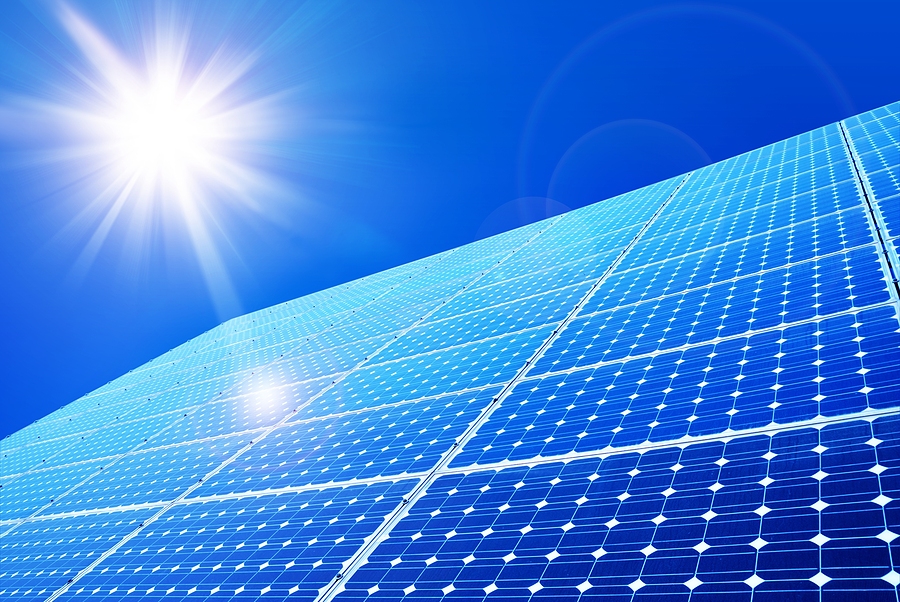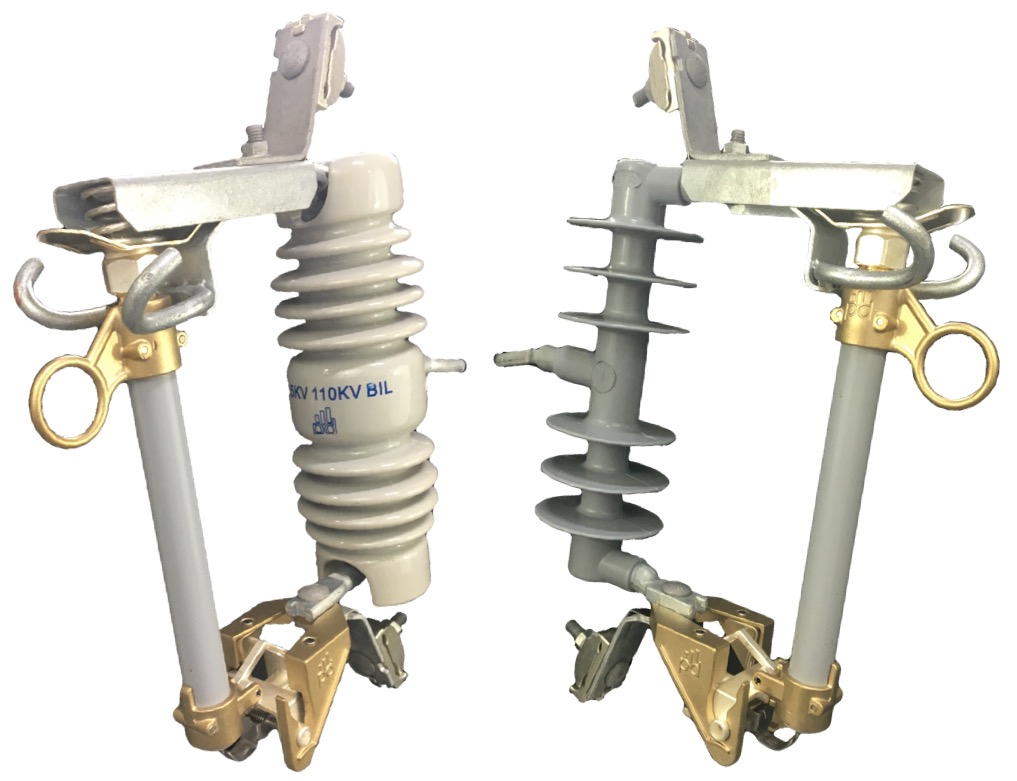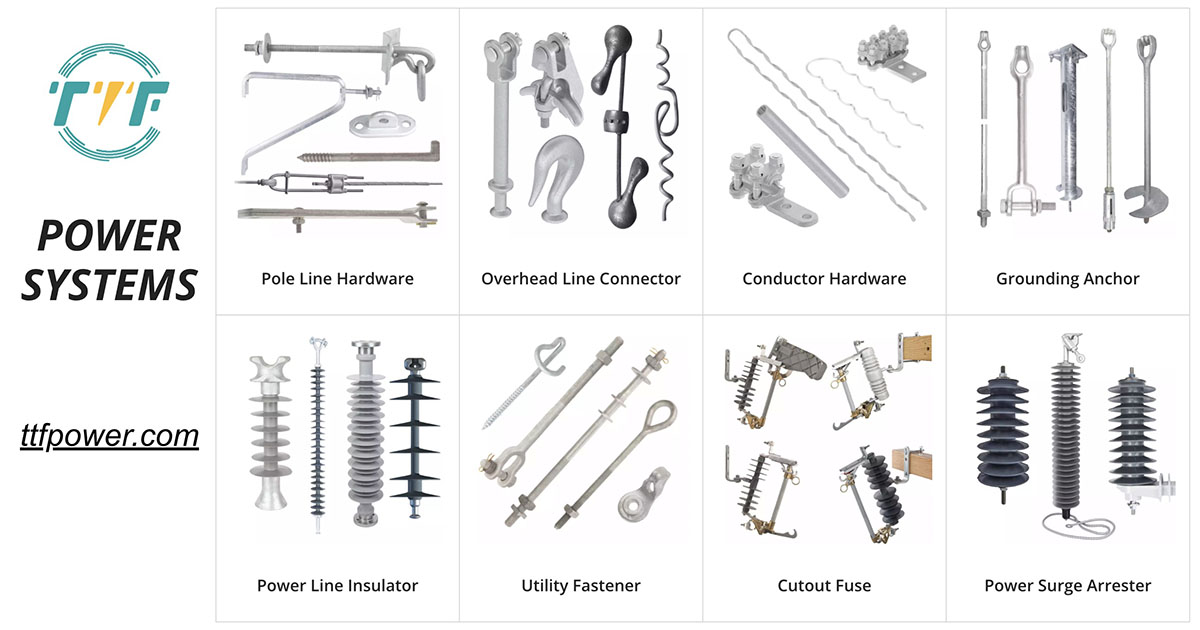
Brazil possesses natural resources supporting the generation of solar power. This attributes to the amount of sunlight present, particularly in areas such as the Atacama Desert and Andes mountains. The Mato Grosso do Sul court of justice has made a investment in a solar park as a way to show its dedication to sustainability and energy efficiency. Producing solar power can assist them in decreasing their dependence on the grid and aiding in the preservation of a cleaner environment. The solar park aids in reducing the court’s electricity costs, resulting in noteworthy savings. Solar power can also assist in decreasing dependence on carbon footprints and aiding in creating a more sustainable future. The sole obstacles to this progress consist of the much upfront costs, upkeep, and incorporation into the grid. Additionally, a cutout fuse is essential in solar panel installations to guarantee safety while in operation and being maintained.
A cutout fuse is utilized as an overcurrent protection element to separate sections of the solar system in the event of electrical faults. Implementing cutout fuses in solar parks in Brazil can reduce downtime and power interruptions. Surplus solar energy produced by the systems can help to bolster the primary power grid during times of high output. In times of low demand, the energy can be used to supply electricity to customers. This article will discuss the significance of cutout fuses in solar energy systems to promote the use of clean energy.
The roles of cutout fuse in solar panel systems
Cutout fuses are important elements in solar panel setups to guarantee the integrity of the system. They prevent overcurrent situations, isolate malfunctions, and protect important parts. Utilizing cutout fuses in solar panels increases safety during maintenance and ensures the installations meet safety regulations. This is crucial for the effective and safe functioning of solar energy systems. Popular cutout fuses found in solar setups are string fuses, combiner box fuses, and inline fuses. The following are the functions and significance of cutout fuses in solar panel systems.

- Solar panel installations are at risk of overcurrent situations from short circuits or faults. A cutout fuse will blow if the current surpasses a certain level, thus disconnecting the defective component from the circuit. They mitigate harm to panels and inverters, thereby lowering the likelihood of fire caused by excessive current.
- Faulty circuits are isolated by cutout fuses, which separate the faulty circuit while enabling the remaining solar installations to keep functioning. This assists in preserving the operation of solar power systems for consistent energy generation.
- Fuses add an extra level of safety during maintenance by enabling electricians to safely isolate certain components of the solar system. This essentially aids in lowering the likelihood of experiencing electric shocks.
- Safeguarding downstream components – solar systems consist of vital equipment such as inverters, charge controllers, and batteries. A cutout fuse prevents downstream components from power surge damages.
- DC systems, such as solar power systems, need unique protection measures due to their use of direct current as opposed to alternating current. Cutout fuses aid in safely interrupting the circuit to decrease the chances of electrical arcs.
Advantages of higher adoption of solar panel systems in Brazil
The installation of more solar panels brings many advantages in economic, environmental, and social aspects. Brazil benefits from helpful solar resources, which have led to the extensive use of solar panels in the country. Adopting solar energy in Brazil aids in achieving worldwide climate objectives and improves quality of life as well. The advantages of growing solar panel installations in Brazil are as follows.

- Enhanced solar panel installations help decrease Brazil’s reliance on fossil fuels and hydropower, leading to energy independence and security. This helps enhance the country’s energy independence and security. Solar energy aids in decreasing dependence on imported fossil fuels and mitigates the variability of hydropower to ensure a consistent energy supply.
- Solar power provides environmental advantages and decreases greenhouse gas emissions by reducing them. This is due to the fact that it is a sustainable and environmentally friendly energy source. Brazil has dedicated itself to achieving its climate objectives under the Paris Agreement.
- The solar energy sector in Brazil plays a significant role in driving economic growth and creating jobs in the country. The installations offer chances for both trained and untrained workers involved in the construction, fitting, and upkeep of solar panels.
- Higher affordability and decreased energy expenses – the potential of reduced energy costs comes with the increased installation of solar panels. Solar power enables remote communities to have affordable access to electricity.
